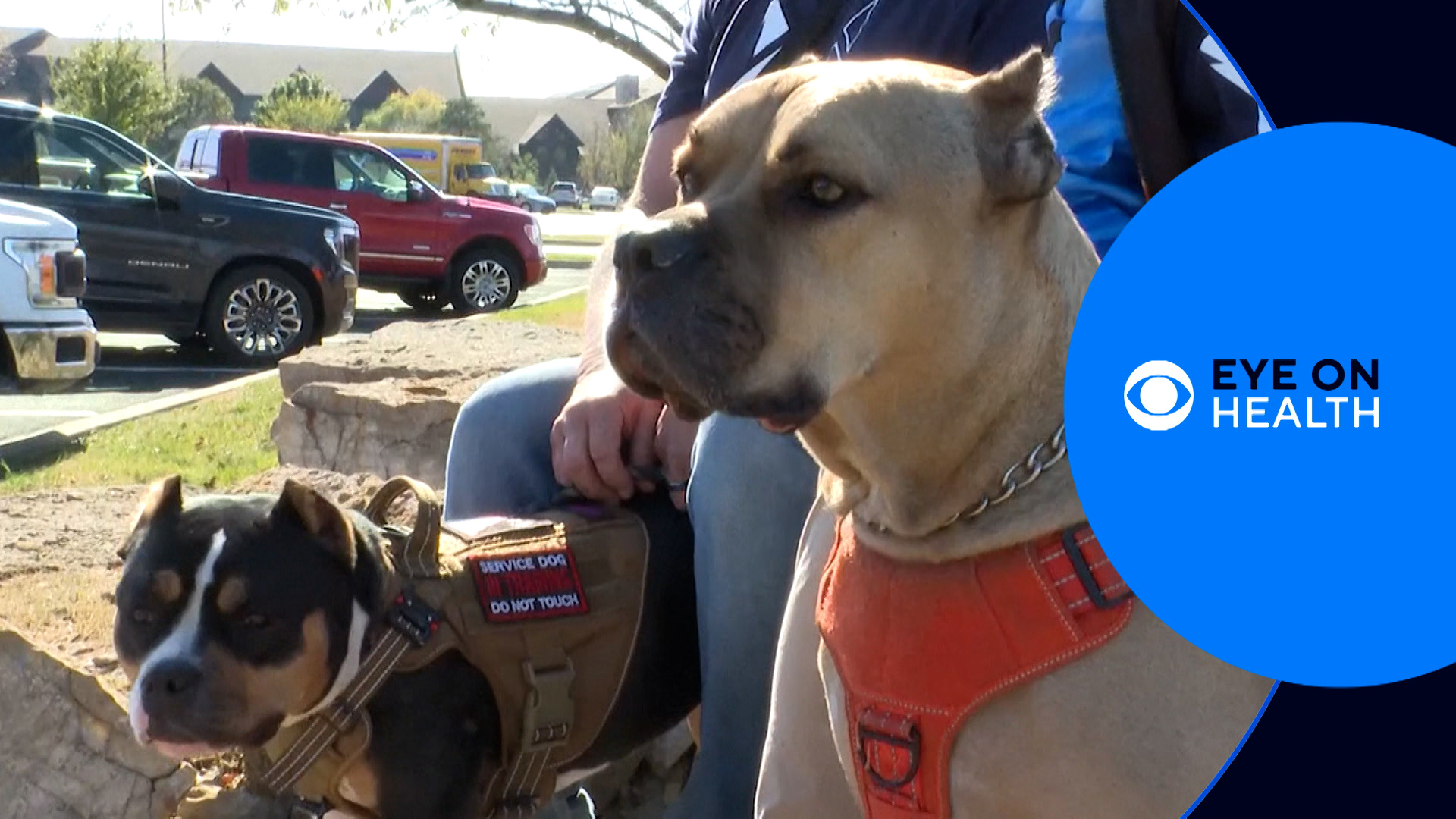WASHINGTON DC, (WUSA) -- Thousands of athletes trained for monthsto tackle the 26.2 mile SuntrustRock n' Roll USAMarathon. But even though we experienced avery mild winter,we must keep in mind that our bodies may not be used to these warmer than normal temperatures.
The George Washington University Hospital'sMedical Director Dr. Gary Littlesays, "The biggest issue for runners who have been training in the cold weather is that their bodies haven't quite adapted to the warm weather and they won't have the ability to sweat to get rid of some of the heat."
Dr. Little gives a few reminders to help you body adjust from winter running to warm weather running.
"So the biggest thing for them is going to be hydrating properly, they are going to have to slow down. They willhave to wear looser fit clothing that absorbs a little bit of moisture, as well as allows the body to get rid of the heat."
Here are several othertips from Dr. Little especially for first time marathon runners:
EAT SMART -- Noalcohol or stimulants. The evening before the race eat a meal that is high in carbs and protein. Also, stick to what you know, don't try new dishes.
BE IN GOOD HEALTH -- Not a good idea to try to run 26.2 miles if you have a headache or flu-like symptoms. If you are sick, consult with a physician before running.
PRE-RACE MEAL -- Eat a high protein breakfast at least one hour before your start time. Avoid sugary foods.
LISTEN TO YOUR BODY -- If you experience pain beyond the normal soreness during the race, seek assistance immediately. Look for a medical tent. Sticking it out for the sake of finishing increases the chances of a long-term, painful injury. Symptoms to look for include chest pains, headaches or a change in mental status.
STAY HYDRATED -- Dehydration and over-hydration are serious threats to runners.Hyponatremia is a condition that results from drinking too many fluids. This results in low blood-sodium levels, the body's water levels rise, and cells begin to swell. Runners who experience symptoms of nausea, disorientation or dizziness should seek medical attention immediately.
POST RACE ROUTINE -- Stretch thoroughly and ice areas that are sore. Eat a high protien meal to help repair muscle damage.
The George Washington University Hospitalis among the first-responder hospitals for race emergencies.

